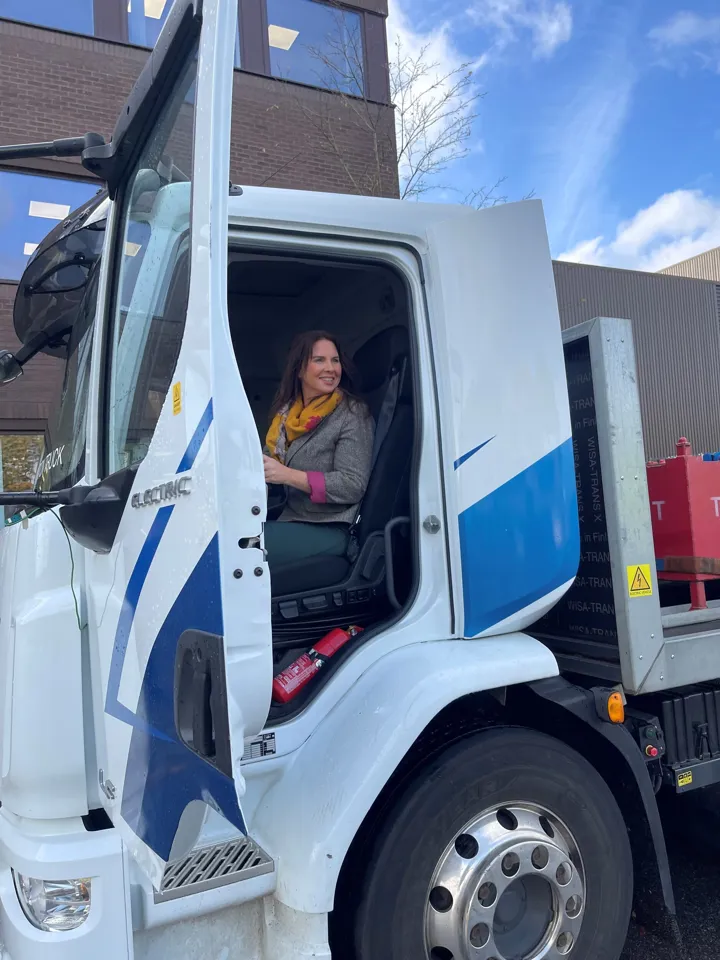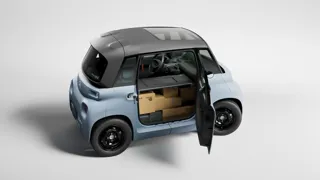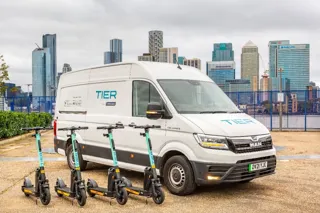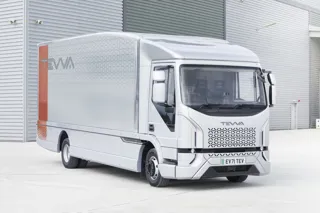Transport minister Trudy Harrison got behind the wheel of the DAF LF Electric – a 19-tonne fully electric distribution truck – at a recent visit to Leyland Trucks.
During a tour of the production facility, Harrison heard more about the company’s plans for the rollout of its zero-emission truck.
She was also introduced to current and ex-local apprentices, senior members of staff and heard more about Leyland Trucks’ 125th birthday celebrations, which have been taking place across the year.
Harrison said: “Following the recent COP26 summit, I was pleased to visit Leyland Trucks to discuss how Government and UK industry can work together to decarbonise the road freight sector.
“I had the pleasure of test driving their impressive new LF electric truck and seeing first-hand this forward-thinking business lead the way as we commit to making all new HGVs zero emission by 2040.”
Leyland Trucks is working to ensure there is sufficient talent available for the future, having enrolled several of its technicians in a training programme to broaden their skillsets in the production and maintenance of vehicles with alternative power sources.
Brennan Gourdie, managing director at Leyland Trucks, said: “It’s been a very busy few months since we launched production of our LF Electric as we’re determined to lead the charge when it comes to the rollout of battery-electric vehicles in the commercial sector.
“We were very pleased to welcome Mrs Harrison to site, to demonstrate the ways we are preparing for a future of electric, and how we as a supplier to our clients help them meet their own green agendas, too.
“Mrs Harrison knew her truck history, was keen to learn about our manufacturing processes, and shared our excitement about upskilling young engineers who’ll be able to learn brand new skills to help achieve zero net carbon targets.”
Carl Hergart, Leyland Trucks’ chief engineer, added: “Applying a one-size-fits-all solution will be detrimental; each commercial organisation looking to introduce electric vehicles to its fleet must assess its individual needs and work with suppliers that can adapt around them.
“What’s key to us now is ensuring we partner with government and other third-party organisations to ensure the rollout of battery-powered vehicles is efficient, using the learnings from the production of our own electric vehicles here on-site to inform other business’ specific strategies.”
























Login to comment
Comments
No comments have been made yet.